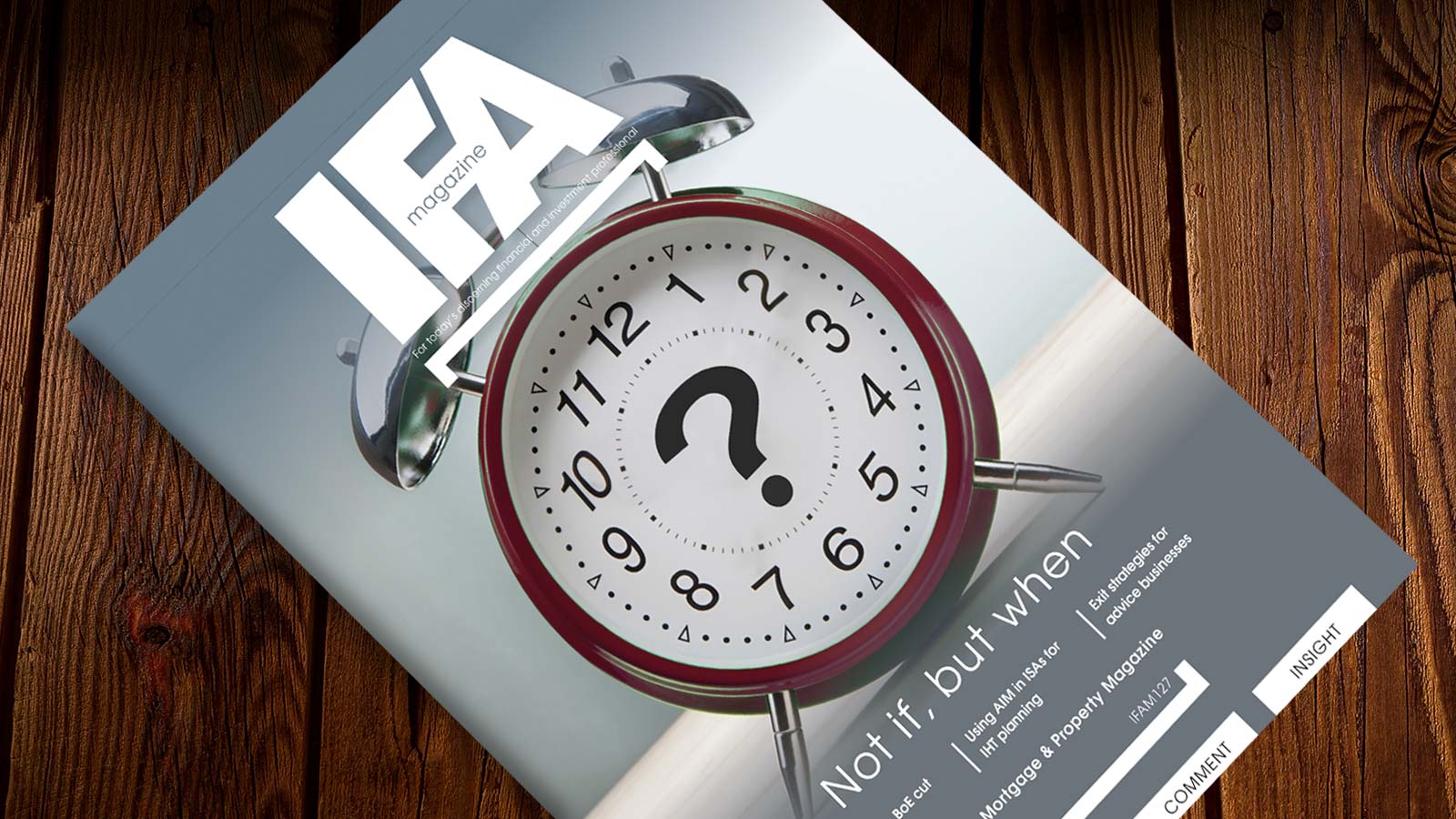Blog written by Richard Parfect, fund manager at Momentum Global Investment Management
Back in February I gave a sob story of my childhood of how the 1970s and early 80s saw “austerity” hit my household, including my father’s industrial clothing factory closing down.
Recent developments on the Continent, brings another childhood memory to mind; cold housing. Admittedly, the central heating system, decades past its use by date and an insufficiently insulated house, was not conducive to staying warm.
However, an article caught my eye in the Financial Times this week that showed the average temperature in British homes has risen considerably since the 1970s; even those that actually had central heating in 1971 saw average temperatures rise from circa 14C to 18C today.
What does this tell us? Well probably a variety of things: insulation has improved (but remains broadly sub-standard), meanwhile households have (broadly) become wealthier and can afford to stay warmer (until the current energy crisis at least anyway). However, the most impactful change, has been a change of behaviour.
A while ago, I was amazed to hear from someone that they kept their heating over 25C; quite how that is even comfortable frankly escapes me. I suspect their thermostat will be turned down this Wintertime.
Being a grumpy middle-aged father, I am frequently having to turn off lights in abandoned rooms, telling my daughters we aren’t a lighthouse, whilst also reminding them that they have perfectly serviceable jumpers to wear.
There will certainly be a lot more similar conversations being had in other households. Even more illustrative, German leisure centres have turned off the hot water; whilst in Spain commercial premises are banned from adjusting the thermostat below 27C in the Summer or above 19C in Winter.
Such policies would have been unthinkable a few years ago, despite such significant behavioural change that would have been helpful for the climate emergency that we are now sadly witnessing. Whilst outright rationing may or may not hit the UK’s shores (the politicians publicly say not, but I am not so sure), the prices households are going to face this Winter are going to force a change of behaviour, that is tantamount to self-inflicted rationing.
The risk that Russia completely turns off the gas taps is real, and that event alone presents Europe with a huge binary risk for its economy, as German industry in particular will have to play second fiddle to the priorities of keeping the population warm(ish).
Even if the war in Ukraine ended and regime change in Russia were to occur in the very near term, there has been a wakeup call to all nations, that unfettered globalisation and a dependence on the kindness of strangers is not a very resilient model (COVID had already shown us that).
Governments, households, and investors alike always need to have an eye on the “what if?” scenario and have something to call upon to at least alleviate the worst effects of things beyond their control. In our portfolios, apart from the obvious activity of diversification, we seek to ensure there are investments that benefit from negative scenarios, whether it be renewable energy trusts, inflation linked infrastructure, or the age old “port in a storm” against the most aggressive of exogenous shocks, gold. For the only thing we can be certain of (other than death and taxes) is change.
















